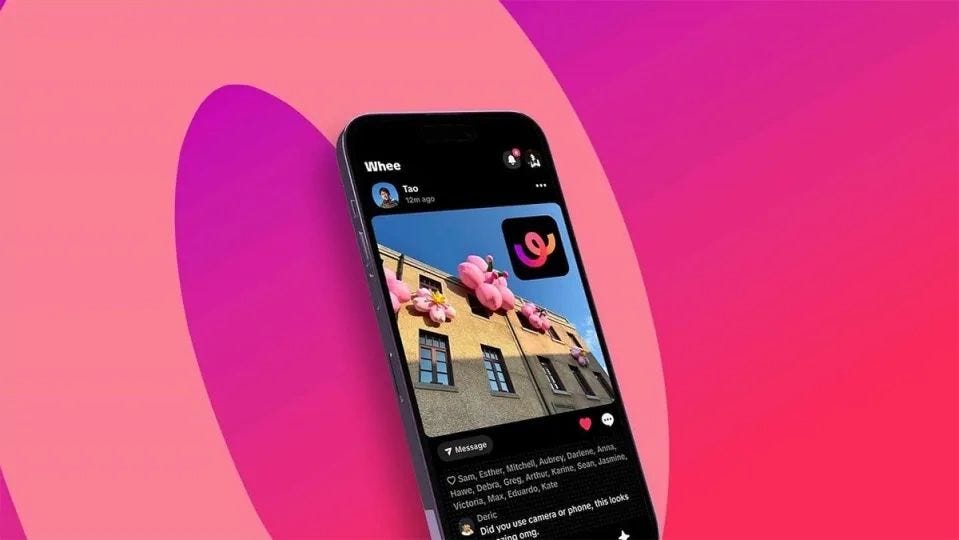SOCIAL GAMING
Social Gaming: The New Playground for Emotional Connection
The world of social gaming is no longer just about competition or high scores—it’s about connection. From forming deep friendships in multiplayer lobbies to sharing emotional experiences during co-op missions, social gaming has transformed into a modern space for emotional bonding.
But as gaming becomes a cornerstone of human interaction, it raises a critical question: Can these virtual connections truly fulfill our social and emotional needs, or are they a double-edged sword?
Social Gaming as an Emotional Outlet
Social gaming has evolved into a medium where people can express themselves and find support:
Shared Triumphs and Challenges: Completing a tough mission or strategizing with teammates fosters a sense of camaraderie.
Safe Spaces for Vulnerability: Anonymous environments allow players to share thoughts and feelings they might hesitate to express in real life.
Communities of Belonging: From guilds to fan-driven Discord servers, social gaming offers spaces where players feel accepted and valued.
Emotional Benefits of Social Gaming
1. Stronger Friendships Through Shared Experiences
Gaming is inherently collaborative, creating moments of joy, frustration, and celebration that can solidify bonds. Many players find lifelong friends through gaming communities.
2. Stress Relief and Escapism
Gaming provides an outlet for stress, offering players a chance to step away from daily pressures and immerse themselves in another world.
3. Supportive Communities
In many online games, players band together to help each other through tough times, proving that gaming connections can go far beyond the screen.
The Drawbacks of Gaming-Centric Socialization
1. Lack of Physical Presence
While gaming enables emotional connection, the absence of face-to-face interaction can make relationships feel incomplete. Body language, touch, and other nonverbal cues are vital aspects of human connection that can’t be replicated virtually.
2. Overdependence on Virtual Spaces
For some, the reliance on gaming for social interaction can lead to isolation from real-world relationships and experiences.
3. Emotional Burnout
Just as gaming can be a source of emotional support, it can also become emotionally draining, particularly in competitive or toxic environments.
The Role of Emotional Design in Gaming
Game developers are increasingly designing experiences that foster emotional connections:
Narrative-Driven Games: Titles like The Last of Us or Journey emphasize storytelling that resonates deeply with players.
Interactive Features: Games now include tools like customizable avatars and expressive emotes, allowing players to better communicate their emotions.
Collaborative Gameplay: Co-op modes encourage teamwork and build relationships between players.
Balancing Virtual and Real-Life Bonds
To fully enjoy the emotional benefits of social gaming without losing touch with reality, consider these tips:
Supplement, Don’t Replace: Use gaming to enhance real-life friendships rather than replace them.
Foster Offline Connections: Take gaming friendships into the real world through meetups or video calls.
Set Boundaries: Be mindful of gaming habits to prevent it from overshadowing other social experiences.
Seek Balance: Combine gaming with other hobbies that offer emotional fulfillment.
Conclusion
Social gaming has created a new avenue for emotional connection, offering players a way to bond, share experiences, and find support. However, it’s crucial to recognize its limitations and ensure that virtual interactions don’t replace the depth and nuance of face-to-face relationships.
Gaming is a powerful tool for connection, but like any tool, its impact depends on how we use it. By blending the best of virtual and real-world relationships, we can create a balanced social life that truly meets our emotional needs.




